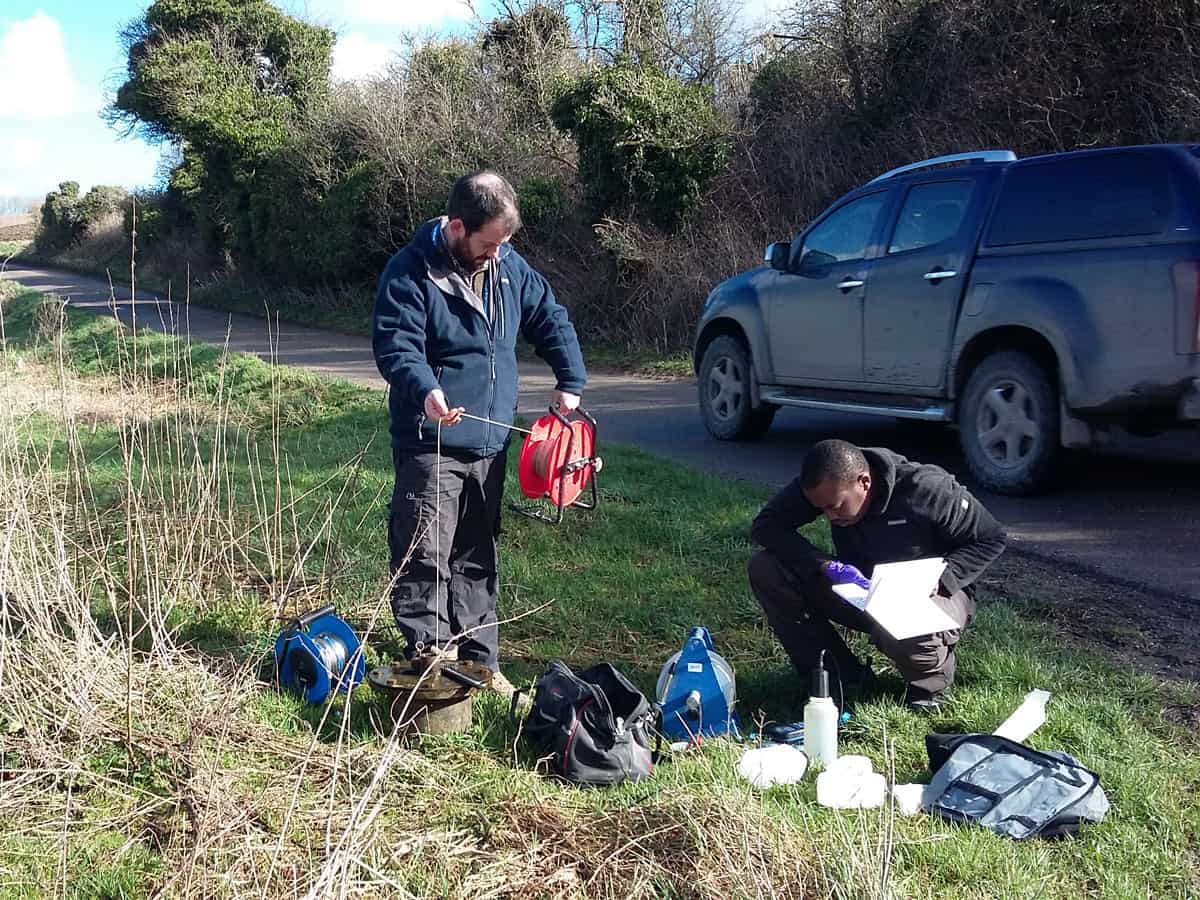
Specialists and researchers
Groundwater is a vital resource for a third of people in England. With added pressures on our water supply from climate change and an increasing population, there is more focus on sustainable water management for the future. Be part of it.
Science & research
The work of TAP is informed by sound science and robust research, and we want to contribute to the wider body of knowledge too.
Evidence & data
We gather evidence and data to increase knowledge and understanding, so we can address the causes of groundwater pollution and develop innovative solutions together.
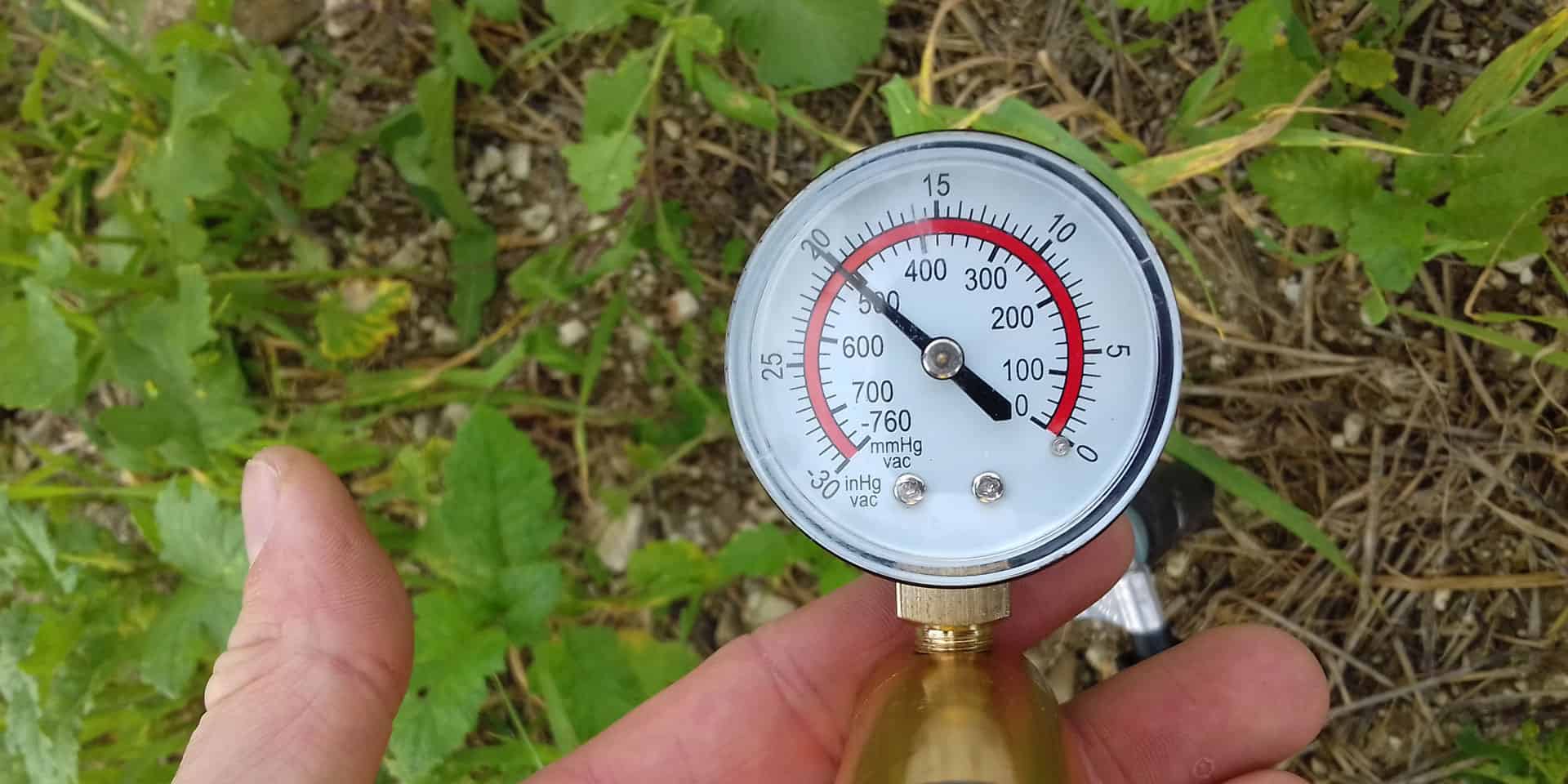
We welcome academic sector and industry collaborations
The primary concern for the project is groundwater protection, and we are keen to quantify and promote additional benefits to improve soil structure, provide erosion and flood protection, regulate air quality and climate, secure food provision, improve the urban landscape and increase biodiversity.
We regularly update our list of research collaboration opportunities. We’ve summarised the three key areas of research opportunities and discussion points for potential candidates in the the supporting accordions. You can view the full document in the ‘resourceful materials’ section below.
- Peer review and evaluation of Cover Crop trials undertaken (nationwide/international) and provide conclusions on the results.
- Explore current options for off-mains sewage storage and treatment, their implications for groundwater and suggestions of best practice.
- Analysis of the impact of manure piles on nitrate leaching to the aquifer in particular within safeguard zones
- Nutrient management: consideration of residual nitrogen in organic manures over time
- The impact of the 1980’s Environmentally Sensitive Areas (ESA) scheme on groundwater nitrate concentrations in the Brighton Chalk block
- Opportunity mapping for arable conversion to grassland/woodland/biomass cropping to protect groundwater
- Effectiveness of rural landowner engagement methods and barriers to engagement/ uptake of interventions
- Investigation of nitrate leaching in under-sowing/companion cropping trial
- Mapping of drainage ditches and assessment of impact of water movement pathways on groundwater vulnerability
- A comparison study of nitrate leaching associated with a winter cash crop such as winter wheat, a cover crop, a cover crop used for forage and permanent grassland
- An investigation of nitrates in groundwater from NOx deposition originating from traffic emissions
- Establish risk to aquifer and promote best practice in equine facilities site management.
- Evaluate the potential to offset carbon by investing in soil health (with soil as a key natural capital asset)
- Study into the flood risk attenuation potential of street tree planting, including considerations of groundwater protection, taking account of whole life costing and natural flood management and other benefits (climate resilience)
- Monitoring remediation of road run-off pollutants in rain gardens and rainscapes using multi-level samplers
- Analysis of bacterial action for pollutant remediation in Sustainable Drainage Systems
- Storage of traffic-derived contaminants in solid phase in the unsaturated zone
- Investigation into direct input of traffic derived contaminants traceable from the road drainage network to groundwater
- Investigation into potential reaction mechanisms operating that act to reduce PAH and metal (Zn) concentration in the aquifer
- Current input is dominated by rapid bypass flow during winter season/intense rainfall events – investigation into build-up of traffic derived contaminants in chalk matrix blocks that has yet to reach the water table
- Development of best practice pollution prevention in the Wider Urban Area (EIA, environmental audit, industrial sites and premises, construction sites)
- Overcoming barriers to implementing Sustainable Urban Drainage schemes in new developments, retrofitting and road upgrade schemes
- Review of worldwide best practice for groundwater protection in chalk aquifers comparable to Brighton chalk block
- BGS/university collaboration – new geomorphological/hydrological mapping of the Brighton chalk block, tracer testing and integration into conceptual models
- Investigating stakeholder awareness of and behaviours associated with the aquifer and its use as a source for water supply
Resourceful materials
The Aquifer Partnership Research Collaboration Opportunities – TAP, March 2020
We are happy to discuss student placements, particularly at MSc and PhD level. Here is a regularly updated our list of research collaboration opportunities.
The Aquifer Partnership Cover Crop Report November 2018
Instead of leaving fields bare, crops are planted which take up excess nitrates remaining in the soil after the previous crop, reducing losses to the aquifer.
UK Progress on Reducing Nitrate Pollution EAC Nov 2018
Historic use of artificial fertiliser has led to nitrate pollution in Brighton’s chalk aquifer, and we’re pleased that the Government is taking the issue seriously, and is looking in detail at solutions.
‘The health of our waters is the principal measure of how we live on the land’ – Luna Leopold, US geomorphologist and hydrologist
Related articles & events
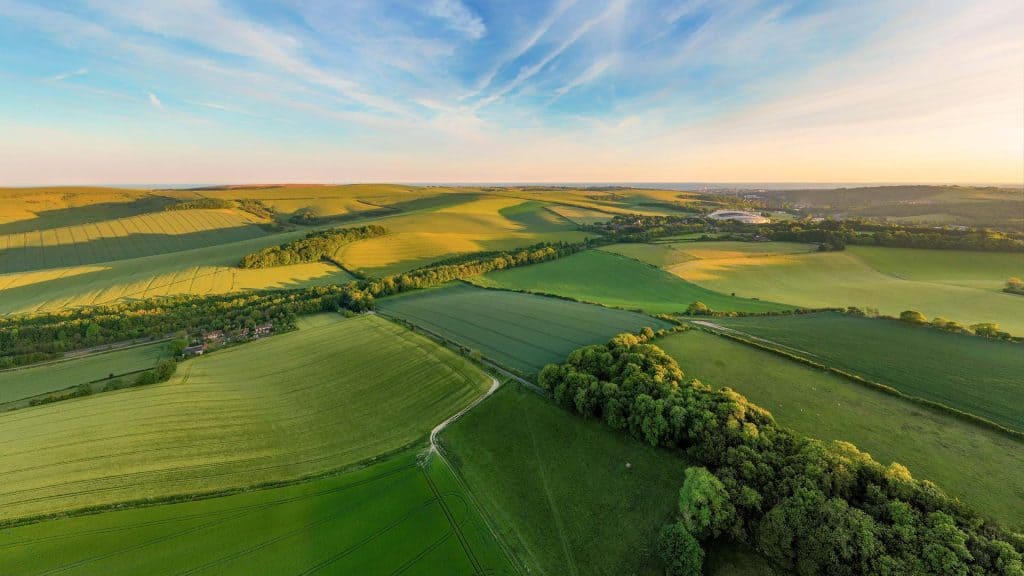
TAP Annual Report 2024
What The Aquifer Project (formerly The Aquifer Partnership) has achieved in 2024!
Read more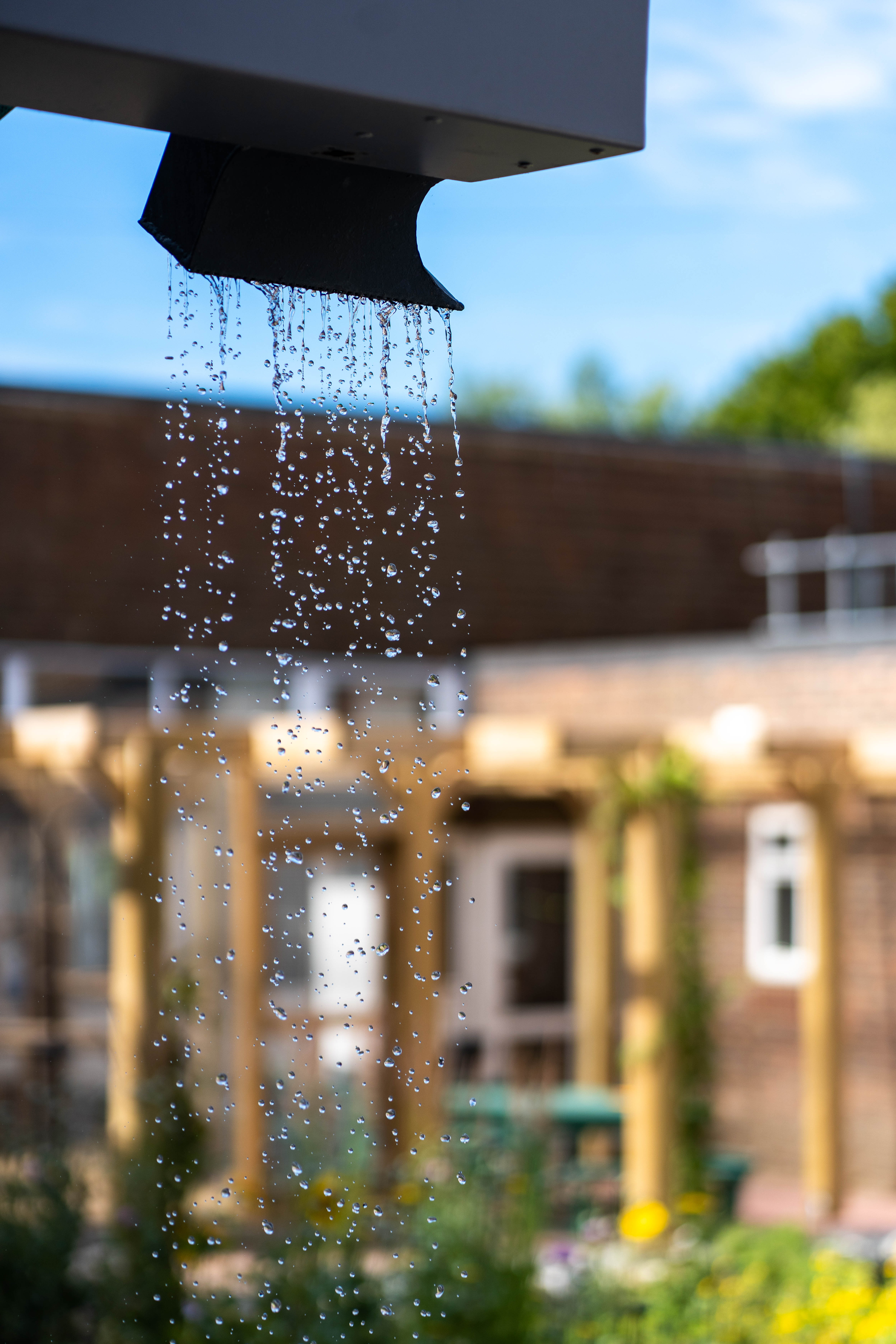
How does rainfall impact the aquifer?
Read more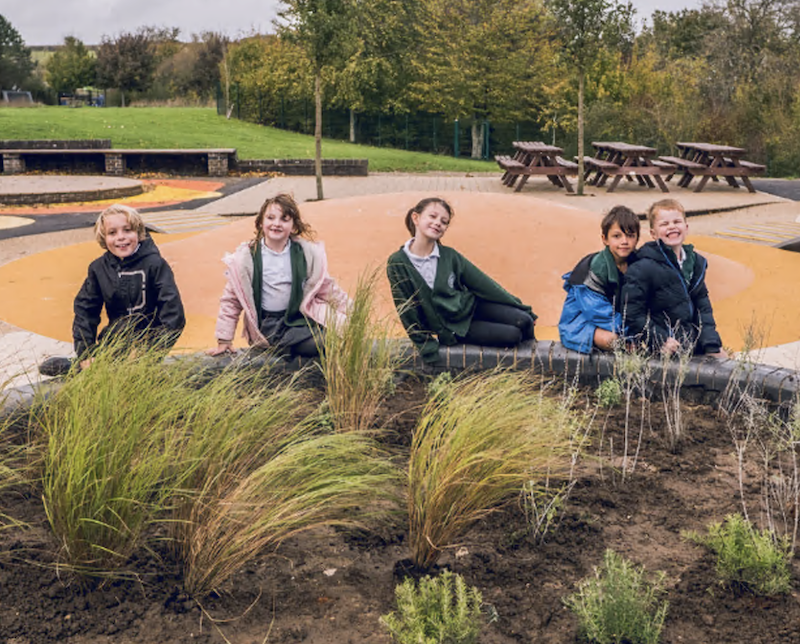
Learn All About Wallands!
See how Wallands Primary School transformed their playground into an eco-friendly oasis. We've just published the case study on our website. Witness the stunning before and after photos of Wallands Primary School's innovative rainscape project, where students can now learn about sustainable water management while exploring nature in a vibrant and engaging outdoor classroom. Get ready to be inspired!
Read more






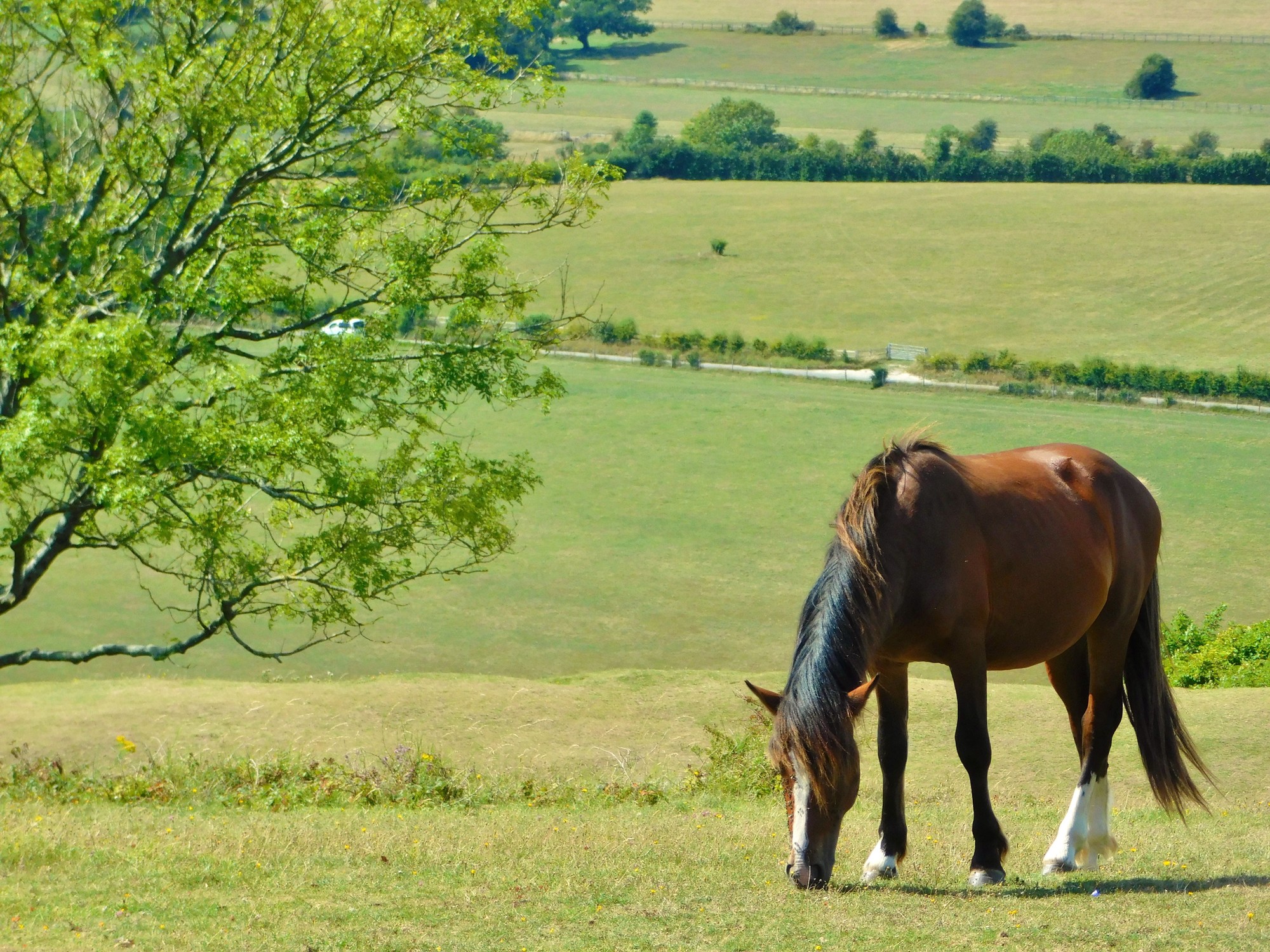


 Chrome
Chrome
 FireFox
FireFox
 Edge
Edge